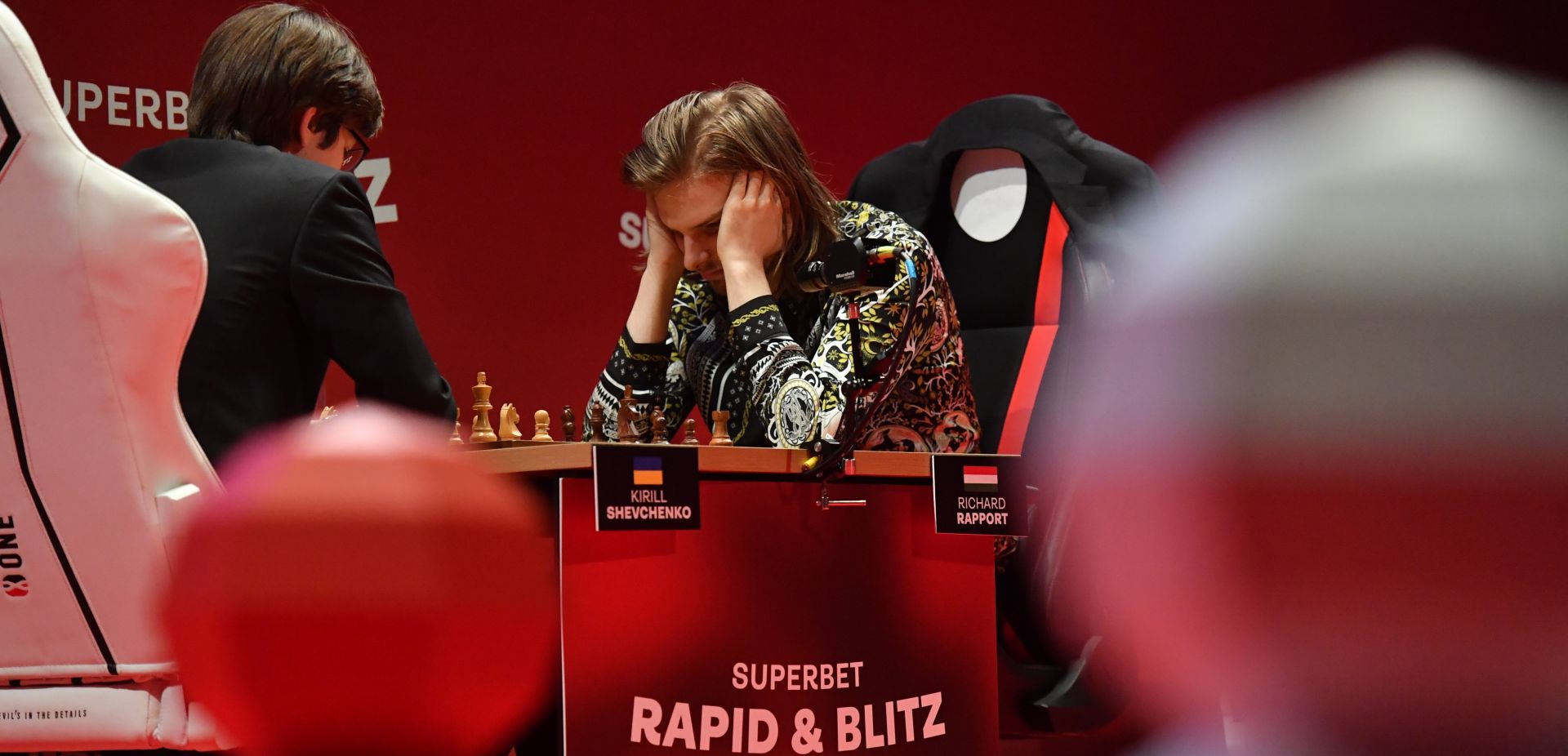This was experienced by Kenyan Stephen Cherono, who had to take the name Saif Saaeed Shaheen before becoming a Qatari and the world record holder in obstacle running for the glory of his new settlement, rather than his homeland, as he did not learn the anthem.
Sports condottieres support various national teams. Naturalised Ethiopian women win European titles in stadium running and cross-country racing. There are many reasons for changing colours. In the case of Africans, it is most often the desire for a better life and conditions for sporting development, although this is not a rigid rule.
Kenyan Wilson Kipketer, multiple world record holder in the 800m run, had both but applied for a third. He was making a good living in Europe because he was earning money from the sport meetings. From a sporting point of view, he was developing phenomenally and was promising even better, coached by Slawomir Nowak, one of Poland's most outstanding coaches.
However, he decided to become Danish and hit a wall. In the 1990s there was a seven-year wait for Danish citizenship. This applied to everyone, whether a French fries vendor or a two-lap champion. Wilson's rise in the sport was promising, just as Bolt's was later, but he had to wait his time.
W końcu się udało, urząd emigracyjny nieco odpuścił, skrócił mu postojowe do 4 lat a on rozwinął skrzydła. Dania zyskała cennego obywatela, którego nie chciała, a wraz z nim worek złotych medali mistrzostw świata i Europy oraz wspomniane wyżej rekordy z górnej półki.
Not with a spoon but with a ladle
A frequent reason for the decision to provide services abroad and to change nationality is the oversupply of sporting talent in one's own country and the difficulty of breaking through to one's home national team, without which there is no chance of Olympic or World Championship medals.
There are not many such countries, and the problems with promotion do not affect the entire national sport, usually a few specialities. Such countries undoubtedly include Kenya and Ethiopia with an overproduction of talent in middle and long distance running. They include China, if only with its surplus of good and very good table tennis players.
The ping-pong emigration of the Chinese set off like a torpedo in 1988, as table tennis was then featured at the Olympic Games, specifically in Seoul. It first embraced neighbouring countries such as Singapore, Taiwan and Hong Kong and quickly expanded.
The virtuoso stilt-walkers have strengthened the national teams of Australia, Canada, USA, Dominican Republic, Argentina and at the same time conquered Europe playing for Croatia, Austria, Spain, the Netherlands, Luxembourg, Germany, France and Poland, represented by Li Qian.
 SIGN UP TO OUR PAGE
SIGN UP TO OUR PAGE

The Middle Kingdom has made something of a sporting invasion of foreign lands for the benefit of the invaders and ping pong in the 'occupied' areas. Li Qian was granted Polish citizenship in 2007. She went on to win a gold, silver and bronze medal at the European Championships for Poland.
I will not mention the names of Chinese women and men who have done the same as Li, because there are too many of them, and they are known mainly to ping pong fans. I will only mention that they are looked down upon at home and often branded as traitors.
A foreign passport deprives a Chinese of Chinese citizenship automatically. Although the authorities of the People's Republic of China have communism in their heart and capitalism in their head, they don't like those who serve the capitalists as sporting mercenaries. Which doesn't stop them from doing exactly the same thing, only to their own benefit.
The Politburo there, essentially acting as a Supervisory Board in a market economy, determined that China must have a world-class football team because it is a world power and that was that. Importing training ideas, hiring foreign coaches, did not work.
The comrades in the Central Committee decided that it was not worth pecking with a spoon, it should be done with a ladle. The decision was made that Chinese passports would be handed out to foreign footballers like candy. And this decision came into effect, which is interesting and significant.
In the People's Republic of China, being Chinese and a citizen is supposedly an unbreakable canon of the system. Extremely supposedly important for ideological, political and patriotic reasons. And how to understand passport handouts in light of the foundations of the state? As obvious hypocrisy of course.
Kazakhstan wants medallists
Sports expats also declare political motivations for changing colours. These have intensified in the wake of the war in Ukraine. The rescue platform for Russians and Belarusians is Kazakhstan, the most economically and politically stable country in the region.
The exodus of Belarusians began even before the war in 2020. Although dictator Lukashenko loves sport, he does not love athletes who think differently. The regime's refugees, real or perceived persecuted, were supported by Kazakhstan.
The war exacerbated this process by the aspirations of players from Russia, but not unconditionally. Kazakhstan has set a merit sieve in terms of the suitability of foreigners. Firstly, it does not want martial arts specialists, as it has its own. Secondly, it wants medallists, preferably Olympic ones.


 SIGN UP TO OUR PAGE
SIGN UP TO OUR PAGE
 The Middle Kingdom has made something of a sporting invasion of foreign lands for the benefit of the invaders and ping pong in the 'occupied' areas. Li Qian was granted Polish citizenship in 2007. She went on to win a gold, silver and bronze medal at the European Championships for Poland.
The Middle Kingdom has made something of a sporting invasion of foreign lands for the benefit of the invaders and ping pong in the 'occupied' areas. Li Qian was granted Polish citizenship in 2007. She went on to win a gold, silver and bronze medal at the European Championships for Poland.



